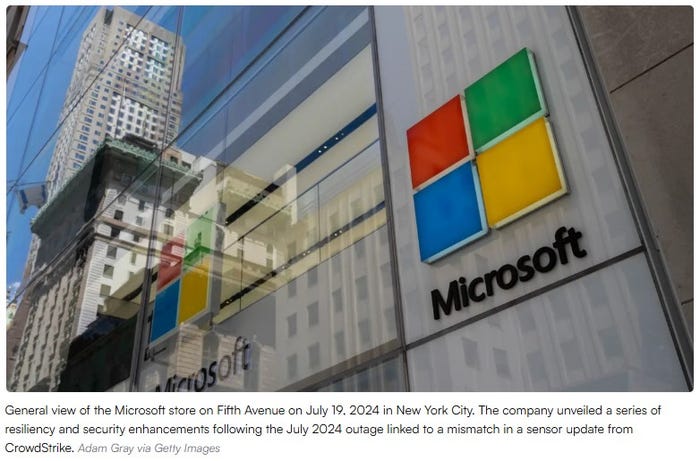Sprint Nextel: 800 MHz rebanding more costly than expected
Sprint Nextel’s costs associated with 800 MHz rebanding almost certainly will exceed the $2.8 billion figure the carrier is required to pay for reconfiguration and that the amount could increase considerably if it fails in its case against the FCC, the carrier stated in an annual SEC filing released on Friday.
March 3, 2008
Sprint Nextel’s costs associated with 800 MHz rebanding almost certainly will exceed the $2.8 billion figure the carrier is required to pay for reconfiguration and that the amount could increase considerably if it fails in its case against the FCC, the carrier stated in an annual SEC filing released on Friday.
Under the FCC’s 2004 rebanding order to mitigate interference to public-safety radio systems, Nextel Communications—now Sprint Nextel—is obligated to pay all costs associated with rebanding 800 MHz and broadcast TV licensees in upper bands. Under the FCC order, Sprint Nextel was obligated to pay at least $2.8 billion in cash to fund the endeavors, but there was no cap on the costs.
At the time, many officials for the carrier privately expressed confidence that rebanding would cost less than the $2.8 billion, with the difference resulting in a payment to the U.S. Treasury. Because of the potential payout to the government, Sprint Nextel and the 800 MHz Transition Administrator (TA) overseeing the project approached auditing for the effort in a manner similar to a government project.
However, in its 10-K report, Sprint Nextel said it is “unlikely” to make a payment to the U.S. Treasury. Having already spent $1.1 billion on rebanding through Dec. 31, Sprint Nextel’s best-case scenario is that rebanding will cost the carrier between $2.7 billion and $3.4 billion.
But that optimistic range is dependent upon an federal appeals court granting Sprint Nextel’s appeal of the FCC’s ruling last fall that the carrier must relinquish all of its interleaved spectrum in the 800 MHz band as of June 26—the original completion date for rebanding—instead of after rebanding is finished, which will not occur for at least four years.
If the appeals court does not agree with Sprint Nextel that the FCC inappropriately changed the terms of its rebanding order, Sprint Nextel’s rebanding costs will increase significantly, according the carrier’s 10-K report.
“If we are unsuccessful in our appeal of the Third MO&O, we anticipate that our costs could exceed $3.4 billion by an amount that would likely be material,” the report reads.
“‘Material’ is billions—an amount similar to the amount they are already spending [for rebanding],” said Roger Entner, senior vice president of communications for IAG Research, who said a material increase “possibly” would represent a doubling of the $2.8 billion the carrier is obligated to pay for rebanding.
Oral arguments in Sprint Nextel’s appeal of the FCC ruling are scheduled to begin March 18. The court has agreed to an expedited handling of the matter, so a decision is expected in the spring.



